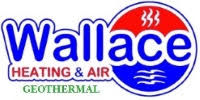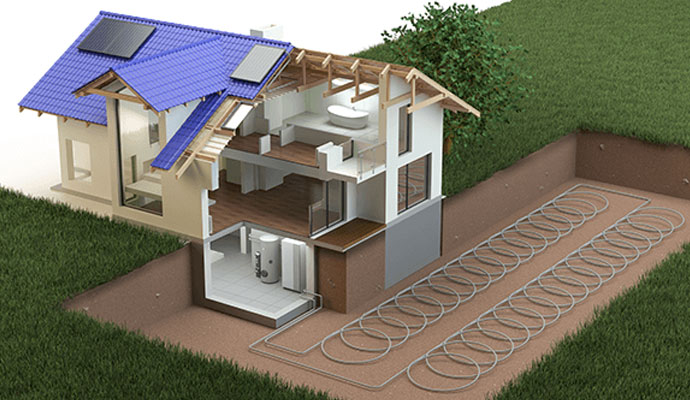As homeowners seek sustainable and energy-efficient solutions for heating and cooling, residential geothermal energy is gaining attention. This technology taps into the Earth’s natural heat to regulate indoor temperatures, offering an eco-friendly alternative to traditional HVAC systems. But is it the right choice for your home? Let’s explore the pros and cons of residential geothermal energy to help you make an informed decision.
The Pros of Residential Geothermal Energy
1. Energy Efficiency
One of the most significant advantages of geothermal energy is its remarkable efficiency. Geothermal heat pumps can achieve efficiency ratings of 300-600%, compared to the 95% efficiency of the best fossil fuel furnaces. This means for every unit of electricity used, a geothermal system can produce three to six units of heating or cooling.
2. Lower Operating Costs
Although the initial installation of a geothermal system can be expensive, the long-term savings are substantial. Homeowners can save up to 70% on heating and 50% on cooling costs compared to conventional systems. These savings can help offset the higher upfront investment over time.
3. Environmentally Friendly
Geothermal energy is a clean and renewable resource. Unlike fossil fuels, it produces no direct greenhouse gas emissions. By choosing geothermal, you reduce your home’s carbon footprint and contribute to the fight against climate change.
4. Longevity and Durability
Geothermal systems are known for their durability. The underground components, such as the loop system, can last 50 years or more, while the heat pump itself typically lasts 20-25 years. This longevity makes geothermal a wise long-term investment.
5. Quiet Operation
Unlike traditional HVAC systems, which can be noisy, geothermal systems operate quietly. The equipment is typically located underground or indoors, reducing noise pollution and providing a more peaceful home environment.
6. Consistent Comfort
Geothermal systems provide consistent heating and cooling throughout the year. They are not affected by external temperature fluctuations, ensuring your home stays comfortable regardless of the weather outside.
The Cons of Residential Geothermal Energy
1. High Initial Costs
The most significant drawback of geothermal energy is the upfront cost. Installing a geothermal system can be expensive, often ranging from $10,000 to $30,000 or more, depending on the size of the system and the complexity of the installation. However, federal, state, and local incentives can help offset these costs.
2. Installation Challenges
Installing a geothermal system is more complex than a traditional HVAC system. It requires significant excavation to install the underground loops, which can be challenging in densely populated or rocky areas. Additionally, the installation process can be time-consuming, which may not be ideal for all homeowners.
3. Not Suitable for All Locations
Geothermal energy relies on the ability to access stable underground temperatures. In some regions, the ground may be too rocky or the water table too high, making installation difficult or cost-prohibitive. Additionally, homes with limited yard space may struggle to accommodate the necessary ground loops.
4. Maintenance of Underground Components
While geothermal systems require less maintenance than traditional HVAC systems, the underground components can be difficult and expensive to repair if issues arise. Although rare, any necessary repairs to the buried loops could involve significant excavation, disrupting your yard and adding to the overall cost.
5. Slow Return on Investment
Although geothermal systems can lead to substantial savings over time, the payback period can be slow. Depending on your energy usage, it may take 5-10 years or longer to recoup the initial investment through energy savings.
Is Geothermal Energy Right for Your Home?
Residential geothermal energy offers many advantages, especially for homeowners committed to sustainability and energy efficiency. However, the high upfront costs and potential installation challenges mean it’s not the perfect fit for everyone.
Before deciding, it’s essential to evaluate your property’s suitability for geothermal installation, your budget, and your long-term energy goals. Consulting with a geothermal energy professional can also provide valuable insights tailored to your specific needs and circumstances.
By weighing the pros and cons, you can determine whether residential geothermal energy is the best choice for your home, ensuring you make a decision that aligns with your values and long-term comfort needs.

